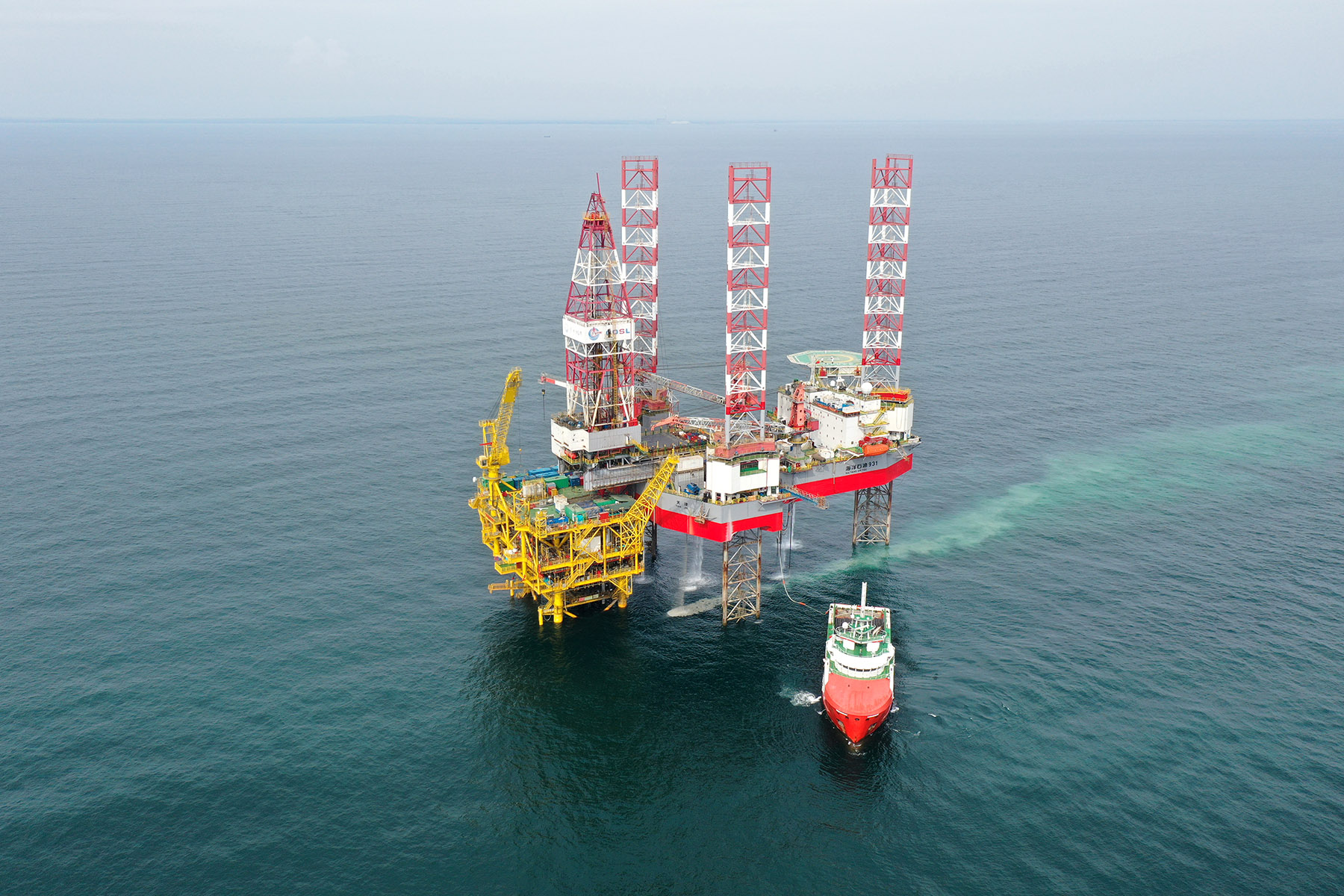
SHENZHEN - The China National Offshore Oil Corporation (CNOOC) announced on Monday that it has discovered a major oilfield in the eastern South China Sea, with proven reserves exceeding 100 million tonnes.
The newly discovered Huizhou 19-6 oilfield marks a breakthrough in China's offshore oil exploration, as it is the country's first large-scale integrated clastic oilfield discovered in deep to ultra-deep layers, CNOOC said.
Situated about 170 km from Shenzhen in South China's Guangdong province, the oilfield sits at an average water depth of 100 meters. Test drilling has yielded a daily production of 413 barrels of crude oil and 68,000 cubic meters of natural gas, demonstrating its potential.
READ MORE: CNOOC makes major breakthrough in South China Sea
According to the company, offshore oil and gas exploration in deep to ultra-deep layers faces multiple challenges, including high temperatures, high pressures, and complex conditions.
Meanwhile, clastic reservoirs, an important component of deep-sea hydrocarbon deposits, generally have low permeability, making the identification of large oil and gas fields more difficult.
READ MORE: Marine economy lifting energy reserves, trade
Peng Guangrong, a geologist at CNOOC's Shenzhen branch, noted that 60 percent of the world's newly discovered oil and gas reserves have come from deep layers. With abundant resources and a low level of exploration, deep to ultra-deep layers are expected to drive future growth in oil and gas reserves and production.
China's oil and gas exploration in the eastern South China Sea has seen consecutive breakthroughs, with oilfields exceeding 100 million tonnes in reserves discovered for two straight years, said CNOOC's CEO Zhou Xinhuai.


